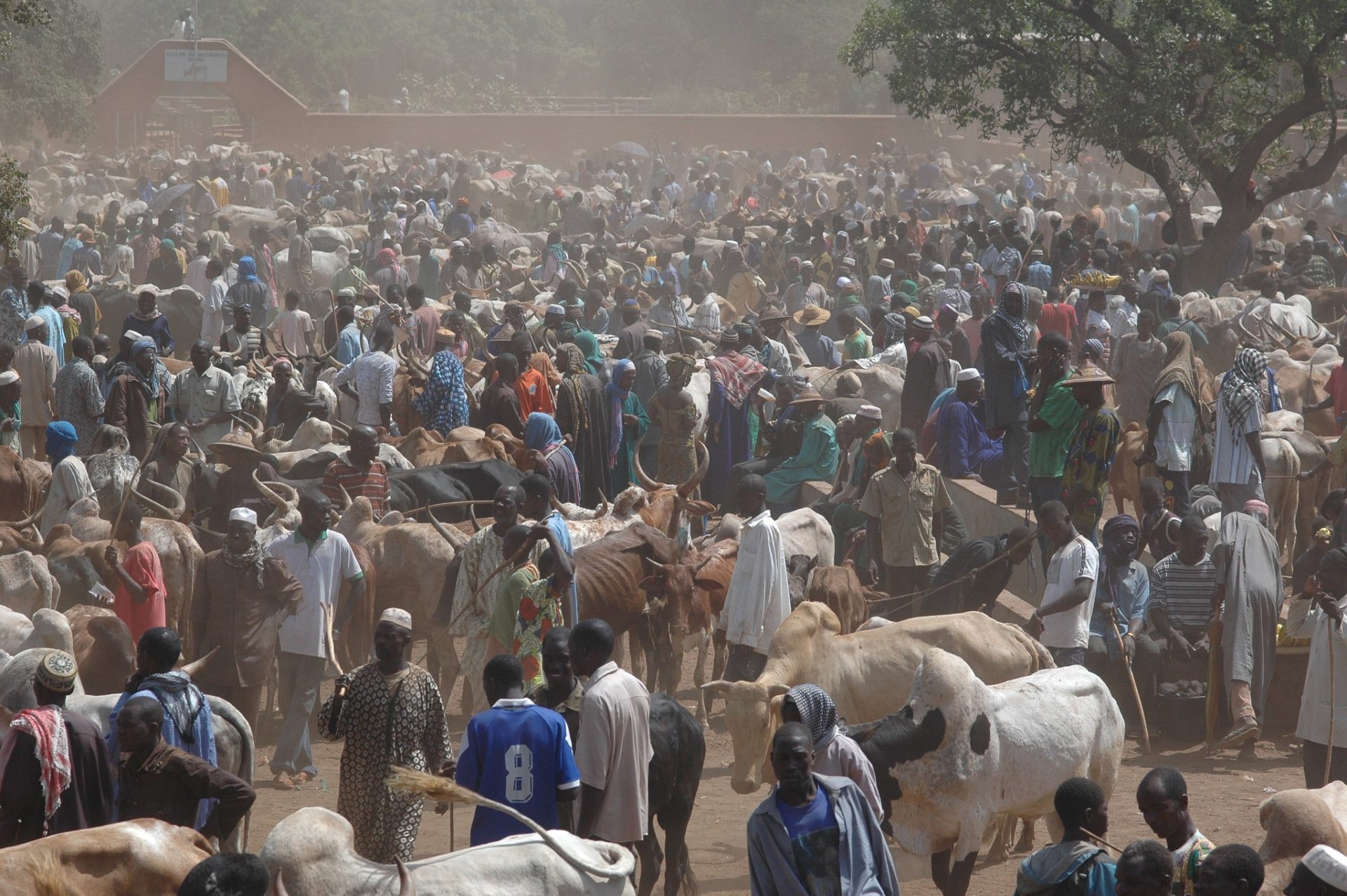
Humanitarian Crisis Mounts Amid Escalating Violence In Burkina Faso
Burkina Faso, long a relatively-peaceful country, has had increasing security challenges emerge over the past four-plus years. These came to a head in January 2019 – increasing attacks, particularly in the north and east of the country, have led to a rapidly-growing human displacement and humanitarian crisis. International humanitarian actors are mobilizing quickly to support the Government of Burkina Faso in its response to this complex emergency.
The security issues which have led to the current crisis have been gestating for several years. The longtime President of Burkina Faso Blaise Compaoré, who had overthrown his friend and ally Thomas Sankara in 1987, was himself toppled in late 2014 as a result of a popular uprising. This resulted in a period of considerable political turbulence and the eventual democratic election of the current president, Roch Marc Christian Kaboré. Kaboré’s government has had to wrestle with control over its national territory while meeting the urgent development needs of his population, many of whom live in poverty and lack access to basic health care and education. Burkina Faso remains one of the poorest countries in the world, with over forty percent of its people living below the World Bank poverty line of $1.90 a day.
Since 2015, Burkina Faso has experienced scores of increasingly frequent and lethal attacks along its northern border with Mali, and Ouagadougou, the capital, has experienced three major terrorist attacks since January 2016. Until very recently, security problems in Burkina were primarily linked to spillover from its troubled neighbor, Mali. In the second half of 2018, there was a dramatic geographic expansion of the at-risk areas of Burkina, with a spate of deadly attacks in the previously peaceful East Region of the country, near Niger, Benin and Togo. With the geographic expansion of at-risk zones, Burkina has become a full-fledged crisis of its own. According to International Crisis Group, the number of insurgent attacks grew each month in late 2018. This seems to not be abating – since December, several more insurgent acts have taken place, including the kidnapping and killing of a Canadian geologist and multiple deadly attacks against military outposts and civilians. In January, the head of the Burkinabe armed forces resigned, and the prime minister and his government were replaced.
Despite the growing violence, until very recently, international actors were very focused on sustainable development rather than humanitarian response. This is changing, as the numbers of internally-displaced persons (IDPs) resulting from the violence are increasing every day. In the United Nations Office for the Coordination of Humanitarian Affairs (OCHA) December 20, 2018, “Overview of the Humanitarian Situation”, the agency reported 47,029 IDPs in the North, Center-North, Sahel and East regions. In the January 18 version, the number had jumped to 60,171, and OCHA and other UN actors are now reporting at least 82,000 IDPs. From these data, it appears that the number of IDPs is increasing at an alarming rate, with no end in sight. OCHA estimates that at least 1.2 million people will be in need of emergency assistance in 2019.

Among the humanitarian community, there is great concern regarding further deterioration of the security and humanitarian situations, and the fact that the trend is markedly in the wrong direction. Moreover, the UN does not have a formal Humanitarian Response Plan (HRP) for Burkina, nor does it have the humanitarian Cluster System or a Humanitarian Coordinator in place. The UN and the NGO community need to respond quickly to ensure that there is sufficient humanitarian expertise in the country while, at the same time, responding to the urgent development needs. There is a lot of concern about whether the various actors will be able to adapt quickly enough. One should not forget the amount of time it took in recent years to adapt to a humanitarian mindset and respond appropriately in Nigeria and neighboring countries in the context of the Lake Chad Crisis. This said, important humanitarian actors such as OCHA, the Office of the United Nations High Commissioner for Refugees (UNHCR), other UN agencies, and NGOs like Médecins Sans Frontières (MSF), the Alliance for International Medical Action (ALIMA), and Action Contre la Faim (ACF) are in the process of ramping up quickly to complement the efforts of development actors like Helen Keller International and others.
The current situation in Burkina Faso is a far cry from the stability and relative peace that it enjoyed until recent years. Coming weeks and months will be key as the Burkinabe Government and other national and international actors work together to quell the violence and reduce the impact of the country’s growing humanitarian crisis.








